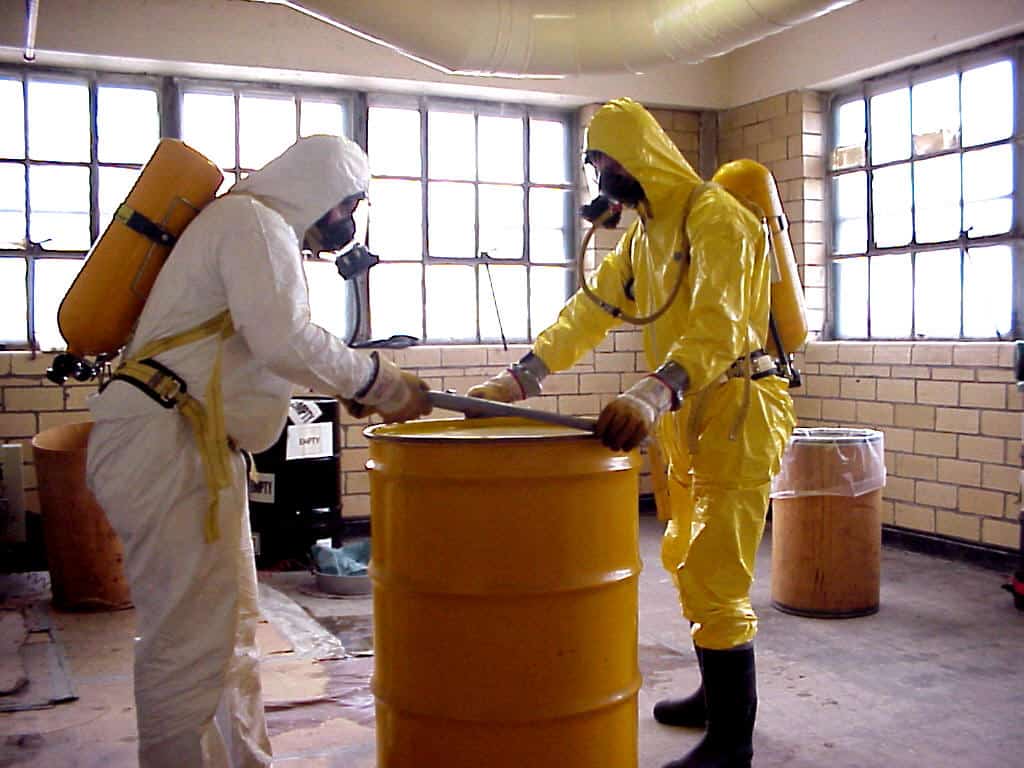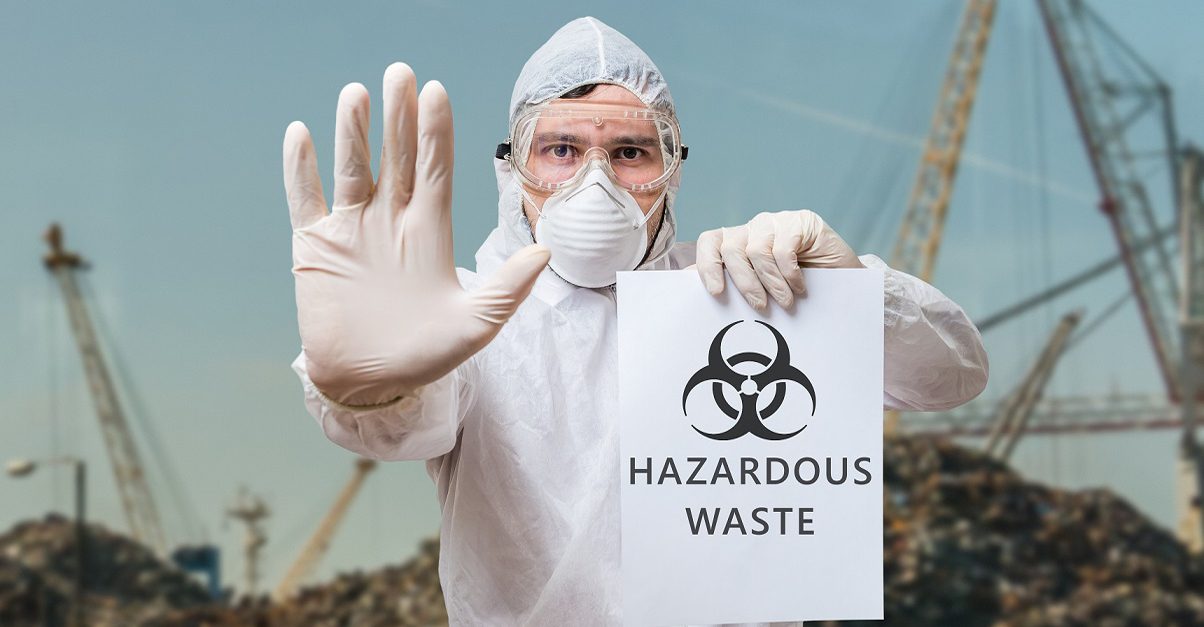In a significant legal development, Los Angeles, San Francisco, and approximately two dozen other California counties have filed a lawsuit against Tesla, the electric car company led by Elon Musk. The lawsuit, filed on Tuesday, alleges the mismanagement of hazardous materials, citing violations of state unfair business and hazardous waste management laws. The counties claim that Tesla improperly labeled waste and disposed of materials in landfills that are not authorized to accept hazardous waste.
According to a Reuters report, the legal action accuses Tesla of violating California’s hazardous waste management laws, which carry the potential for civil penalties as high as $70,000 per violation per day. The allegations focus on the company’s handling of hazardous materials, raising concerns about environmental impact and adherence to regulatory standards.
The heart of the lawsuit revolves around Tesla’s purported failure to appropriately label and dispose of hazardous waste, leading to potential violations of state laws. The plaintiffs, comprising various counties in California, argue that Tesla’s actions constitute a breach of both fair business practices and hazardous waste management regulations.
While Tesla and its CEO Elon Musk have not yet issued a public response to the lawsuit, the legal action adds to the company’s history of facing scrutiny and legal challenges. In the past, Tesla has grappled with allegations of racial harassment at its Fremont plant and settled with the Environmental Protection Agency (EPA) following accusations of Clean Air Act violations at the same facility.

Read more:
- Trans Drivers Unable to Change Gender on Licenses in Florida
- Northern Lights Treat for New Mexico Residents!
- Razor Wire Presence Strengthened at Shelby Park in Texas
- NY Lawmakers Push for In-State Drug Production to Lower Costs
The latest legal action underscores the broader environmental and regulatory concerns surrounding Tesla’s operations in California. Hazardous waste management is a critical aspect of ensuring the responsible and sustainable operation of manufacturing facilities, particularly those involved in cutting-edge industries such as electric vehicles.
The California counties participating in the lawsuit are seeking legal redress for alleged violations committed by Tesla in its handling of hazardous materials. The potential civil penalties outlined by state law highlight the severity of the allegations and emphasize the importance of adhering to environmental regulations designed to protect public health and the ecosystem.
Tesla, as a prominent player in the electric car industry, has been subject to heightened scrutiny due to its influence on the automotive market and the broader renewable energy sector. The outcome of this lawsuit could have implications not only for Tesla but also for the broader landscape of companies engaged in environmentally sensitive industries.
The legal proceedings will likely focus on establishing the veracity of the allegations, examining Tesla’s waste management practices, and determining whether the company has indeed violated state laws. As the case unfolds, attention will be drawn to the evidence presented by both parties, potential settlements, and the implications for Tesla’s future operations in California.
In addressing the environmental concerns raised by the lawsuit, Tesla may be prompted to reevaluate its hazardous waste management protocols and implement corrective measures to align with regulatory requirements. Additionally, the company’s response to the legal action will shape public perception and influence its standing in the environmental and sustainability discourse.
As Tesla faces legal challenges, the broader industry will also be closely monitoring the proceedings, considering the potential ramifications for environmental compliance standards and corporate responsibility. The outcome of this case could set precedents for how companies in the burgeoning electric vehicle sector approach and manage hazardous materials, underscoring the need for robust environmental stewardship in the pursuit of technological innovation.

